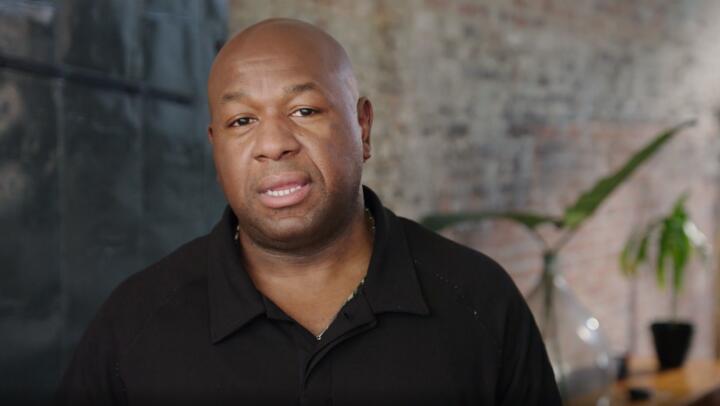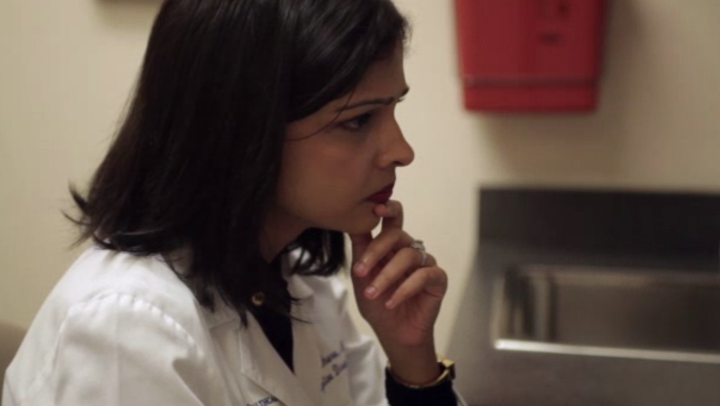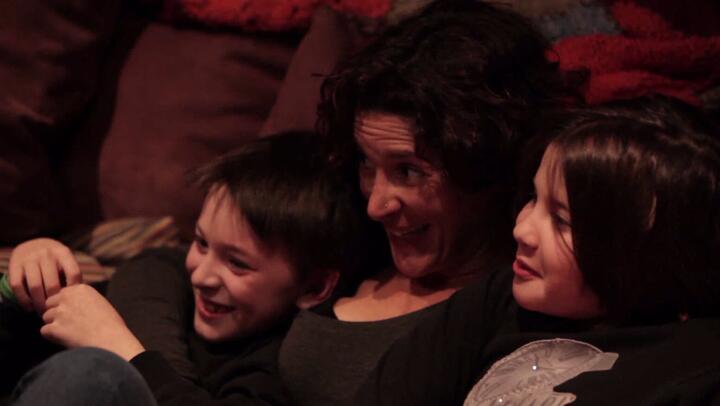Read on to learn more about the causes, accompanying symptoms, and treatment options related to bloody diarrhea.

Mild underlying conditions, such as hemorrhoids or anal fissures, can cause bloody diarrhea. However, bloody diarrhea can also result from a life threatening condition, such as a serious intestinal infection or colon cancer.
Gastrointestinal tract causes
Some causes of bloody diarrhea related to the gastrointestinal tract include:
- anal fissure, which is a small tear in the anus lining
- constipation, which may cause anal fissures
- diverticulitis, which occurs when pouches that form in your intestines become inflamed
- trauma to the esophagus
- gastroenteritis, which is a stomach or intestinal infection
- hemorrhoids, which are swollen blood vessels in the anus and rectum
- inflammatory bowel disease, such as Crohn’s disease or ulcerative colitis
- colon polyps
- Meckel’s diverticulum, which is a congenital condition wherein a bulge forms in the lower small intestine
- rectal prolapse, wherein part of the rectum drops out of the anus
- swollen veins in the stomach
Other causes
Side effects from certain medications and radiation therapy can also cause bloody diarrhea.
Potentially serious or life threatening causes
A healthcare professional should evaluate any type of bloody stool. Certain serious conditions will require immediate treatment, including:
- severe intestinal infections
- severe abdominal trauma
- colon cancer
The term “bloody diarrhea” most often describes very loose, watery stool mixed with bright red or maroon blood.
Diarrhea that contains bright red or maroon blood is called “hematochezia.” It
The term “melena” describes black, tarry diarrhea. Although melena is technically blood with stool, medical professionals do not typically consider it bloody diarrhea. Melena
Depending on the underlying condition, bloody diarrhea may occur with certain other symptoms, including:
- abdominal pain or cramping
- abdominal swelling or bloating
- body aches
- fatigue
- mucus or undigested food in feces
- nausea
- poor appetite
- rectal bleeding
- rectal pain
- an urgent need to pass stool
- vomiting
Serious symptoms that might indicate a life threatening condition
In some cases, bloody diarrhea may occur with other symptoms that indicate a serious or life threatening condition that requires immediate evaluation in an emergency setting.
Seek immediate medical care or call 911 if you have bloody diarrhea and any of these symptoms:
- a change in consciousness
- confusion or disorientation
- difficulty breathing
- dizziness
- fainting
- fever higher than 101ºF (38ºC)
- a rapid pulse
- a rigid abdomen
- severe abdominal pain
- vomiting blood or a black material resembling coffee grounds, or hematemesis
- weakness
There are several tests that doctors can use to diagnose the cause of bloody diarrhea.
They may first perform a fecal occult blood test (FOBT) if you have concerning symptoms but the amount of blood in your stool is too small to be seen with the naked eye. If the FOBT is positive, they will typically order blood tests to make sure that you have not lost an excessive amount of blood.
Doctors may also need a stool sample to check for bacteria or parasites that could indicate an infection.
If bloody diarrhea occurs with abdominal pain, the following imaging tests can also help confirm a diagnosis.
- Abdominal CT scan: This scan can create detailed images of your gastrointestinal tract for doctors to evaluate.
- Upper or lower gastrointestinal series: For these tests, you will swallow a liquid called barium, which will make your gastrointestinal tract show up more clearly in images.
- Angiogram: This is a type of X-ray that allows doctors to assess your blood flow.
- Radionuclide scan: For this scan, a doctor will inject a radioactive material into your body to help them locate the bleeding.
If unusual findings on the CT scan warrant further evaluation, or if the doctor is still unable to confirm a diagnosis, endoscopy may be necessary. Endoscopy is a common diagnostic test for chronic bloody diarrhea. It involves inserting a flexible tube with a camera into your mouth or anus to evaluate your gastrointestinal tract.
Treatment for bloody diarrhea will depend on the underlying cause. For some causes, such as hemorrhoids or anal fissures, doctors may recommend a topical cream or ointment. Bacterial infections may require antibiotics, while more serious conditions — such as blockages or colon cancer — may require surgery.
If bloody diarrhea is a side effect of a medication you are taking, your doctor may recommend that you stop taking it or try a different medication.
People can easily become dehydrated when they have diarrhea, so it is important to drink plenty of fluids. In severe cases, some people may need to receive IV fluids in the hospital.
Without treatment, bloody diarrhea can lead to serious complications, including:
- anemia
- dehydration
- hemolytic uremic syndrome or other types of kidney failure
- severe blood loss
- shock
- death
These are a few other commonly asked questions about bloody diarrhea. Cynthia Taylor Chavoustie, MPAS, PA-C, has medically reviewed these answers.
Is bloody diarrhea an emergency?
Bloody diarrhea can be an emergency if it results from a serious condition, such as a serious intestinal infection or colon cancer.
Although not all causes are serious, you should still contact a doctor for an evaluation if you have bloody diarrhea.
What should I eat if I have bloody diarrhea?
If you have bloody diarrhea and are unable to get immediate medical attention, eating soft, bland foods can help relieve your symptoms.
Can stress and anxiety cause bloody diarrhea?
Although stress and anxiety can cause diarrhea, blood in your diarrhea typically does not result from stress. The blood usually comes from an injury, disease, or infection somewhere in your digestive tract.
Bloody diarrhea is loose, watery stool with blood mixed in. The blood may be bright red, dark red, or black, depending on where the bleeding occurs in your digestive tract. Some causes of bloody diarrhea include inflammatory bowel disease, gastroenteritis, diverticulitis, and colon cancer.
Doctors typically diagnose bloody diarrhea by taking a stool sample for analysis. They may also need to use imaging scans to locate the bleeding or look inside your gastrointestinal tract using endoscopy. Treatment for bloody diarrhea will depend on the cause but may include topical creams, antibiotics, or surgery.
Talk with your doctor if you have bloody diarrhea.



























